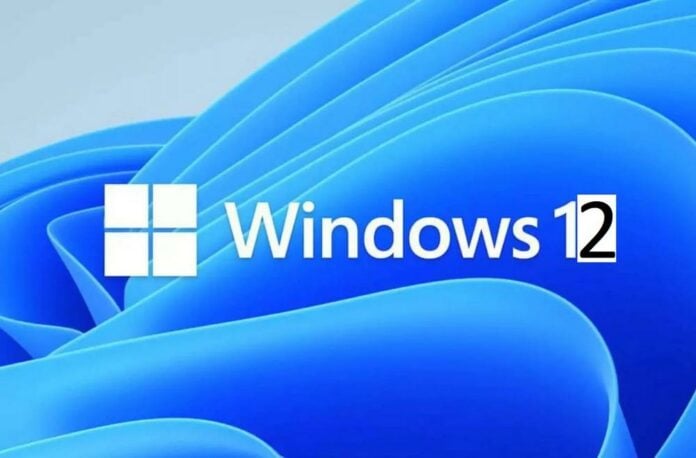According to the latest rumours, Microsoft has changed strategy around its Windows operating system and the next major version could arrive as soon 2024.
The news signals a complete U-turn for the software giant, who in 2015 launched Windows 10 as a service concept. Back then, Microsoft software engineer Jerry Nixon described Windows 10 as “the last version of Windows,” leading many to assume we could finally tweak every setting on the OS to our liking and leave it as is until we change PC.
Such hopes were dashed in July 2021 with the arrival of Windows 11, a free upgrade to entice users to switch to Microsoft’s new baby, albeit not without compatibility limitations. For once I am happy with my ‘incompatible’ (no TPM 2.0) Core i5-6600K avoiding me the annoyance of upgrade popups.
If the latest rumours are anything to by, Windows 11’s shelf life may be similarly short lived. Our friends at Windows Central have suggested that Windows 12 is coming in two years’ time, with Microsoft adopting a new strategy aiming to release a major version every three years.
Moreover, the company intends to add new features to Windows every few months, up to four times a year, commencing in 2023. This information comes just after the announcement of an annual update release rate starting with Windows 10 version 21H2.
So, does this mean we are back to the good-bad-good Windows cycle? If so, then Windows 12 should be a good one. With it, we may also get significant user interface changes alongside newer APIs like DirectX 13.
For now, these are just rumours, but it seems increasingly likely that major Windows releases will be more common going forward. What remains to be seen is whether or not Microsoft will continue to offer free upgrades between major releases, and after criticism of Windows 11, a lot of folk will be eager to hear more about Windows 12 hardware requirements.


